Polycystic Ovary Syndrome (PCOS) is a common endocrine disorder that affects the ovaries and often emerges during adolescence. While the condition is well-recognized in adult women, its manifestation in pediatric and adolescent populations is gaining increasing attention.
Pediatric PCOS:
- An increasingly common endocrine disorder affecting adolescent girls and young women.
- Characterized by hormonal imbalances, mainly elevated androgen(Testosterone etc.) and insulin resistance, leading to various symptoms
Symptoms:
- Irregular or missed periods: Anovulation (lack of ovulation) is a hallmark feature.
- Hirsutism: Excessive hair growth on face, chest, back, or abdomen due to elevated androgens.
- Acne: Often linked to hormonal imbalances.
- Weight gain or difficulty losing weight: Insulin resistance can contribute to weight management challenges.
- Skin: darkening: Acanthosis nigricans, typically in neck folds, elbows, or underarms.
- Fatigue and mood swings: Energy imbalances and hormonal fluctuations can impact mood.
Diagnosis:
No single test confirms PCOS, but doctors consider:
- Symptoms
- Physical examination
- Blood tests (hormone levels, insulin resistance)
- Ultrasound
Management:
- Focuses on symptom management and preventing long-term complications like type 2 diabetes, cardiovascular disease, and fertility issues.
- Lifestyle modifications:
- Healthy diet
- Regular exercise
- Weight management
- Medication: Based on individual needs, including:
- Birth control pills for hormonal regulation
- Metformin for insulin resistance
- Anti-androgens for hair growth reduction
Importance:
- Early diagnosis and intervention are crucial for:
- Preventing long-term health complications
- Promoting well-being and quality of life
- Supporting mental and emotional health
Additional Considerations:
- PCOS can present differently in each individual.
- Comprehensive care is often necessary.
- Open communication and support are vital for girls and families living with PCOS.
Additional Resources:
- Pediatric Endocrine Society: https://pedsendo.org/patient-resource/polycystic-ovary-syndrome/
- American Academy of Pediatrics: https://www.healthychildren.org/English/health-issues/conditions/obesity/Pages/Polycystic-Ovary-Syndrome.aspx
- National Institute of Child Health and Human Development: https://www.nichd.nih.gov/health/topics/pcos/conditioninfo
If you have concerns about your child having symptoms related to PCOS/PCOD, please consult for a thorough evaluation and diagnosis.

